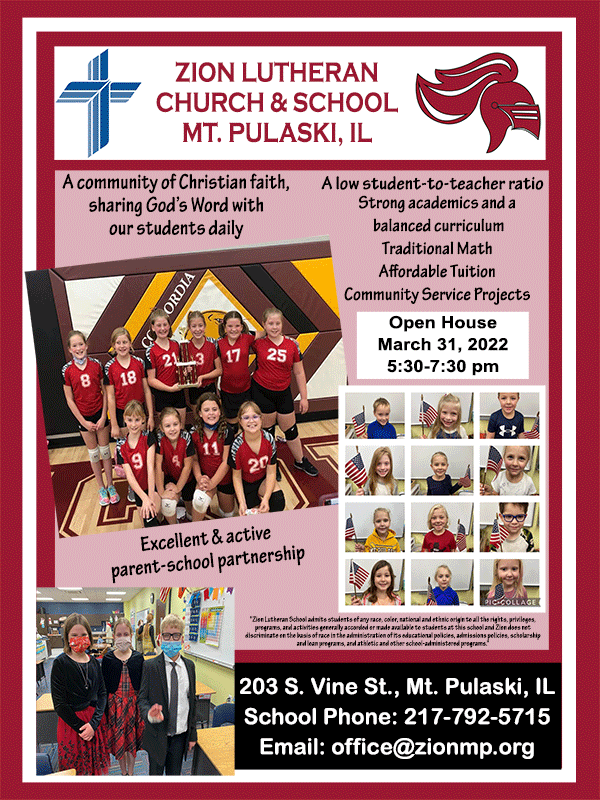|
Internal Meta emails seen by Reuters showed the U.S. company had
temporarily allowed posts that call for the death of Putin or
Belarusian President Alexander Lukashenko.
A Meta spokesperson confirmed it had temporarily eased its rules
for political speech, allowing posts such as "death to the
Russian invaders", although it would not allow calls for
violence against Russian civilians.
"We don't want to believe the Reuters report - it is just too
difficult to believe," Kremlin spokesman Dmitry Peskov told
reporters on Friday.
"We hope it is not true because if it is true then it will mean
that there will have to be the most decisive measures to end the
activities of this company," Peskov added.
The United Nations human rights office said the potential change
in Facebook policy was "concerning".
Meta said the temporary change aimed to allow for forms of
political expression that would normally violate its rules. Its
oversight board said on Friday that it was closely following the
war in Ukraine, and how Meta is responding.
In an email to moderators Meta said that it was allowing
"violent speech that would otherwise be removed under the Hate
Speech policy when: (a) targeting Russian soldiers, EXCEPT
prisoners of war, or (b) targeting Russians where it's clear
that the context is the Russian invasion of Ukraine (e.g.,
content mentions the invasion, self-defense, etc.)".
Russia invaded its neighbour Ukraine on Feb. 24 in what Moscow
calls a "special military operation" that was partly launched
from Belarusian territory, sparking widespread economic
sanctions by the United States, the European Union and Britain.
Western companies, including banks, oil companies and retailers,
have also moved to distance themselves from Russia.
"Meta's aggressive and criminal policy leading to incitement of
hatred and hostility towards Russians is outrageous," the
Russian embassy in Washington said in a statement on Friday.
Alexander Khinshtein, head of the information policy and IT
committee at Russia's State Duma said the lower house of
parliament would appeal to the Russian prosecutor general's
office and Investigative Committee over the move.
"If this is true, then of course Instagram should be blocked in
Russia after Facebook," he said.
Russia said last week that it was banning Facebook in the
country in response to what it said were restrictions of access
to Russian media on the platform. That leaves Instagram and
WhatsApp in focus.
"They should think about how they are using these platforms.
They incite hatred, and even more, they call for the murder of
Russian citizens," Duma Chairman Vyacheslav Volodin said in a
post on VKontakte, Russia's answer to Facebook.
(Reporting by Guy Faulconbridge and Jacob Gronholt-Pedersen;
writing by Mark Trevelyan; editing by Alexander Smith)
[© 2022 Thomson Reuters. All rights
reserved.]
This material may not be published,
broadcast, rewritten or redistributed.
Thompson Reuters is solely responsible for this content.

|
|




